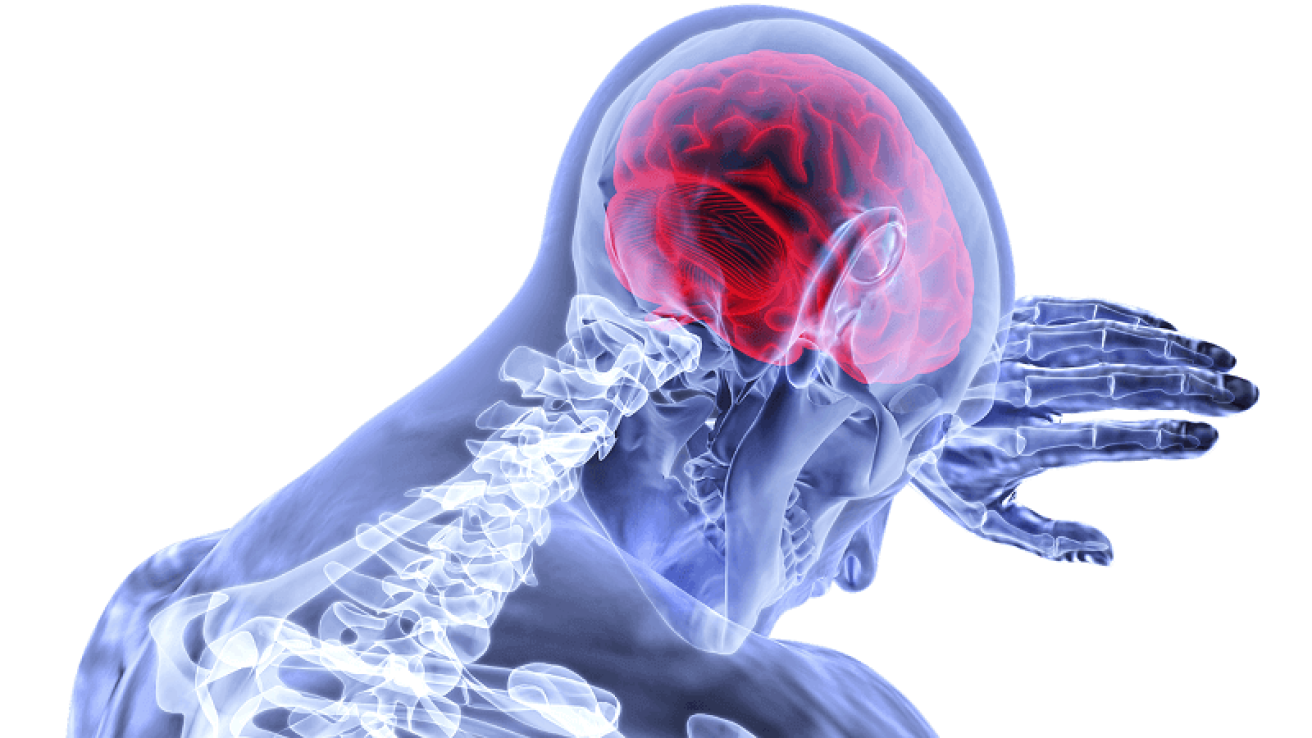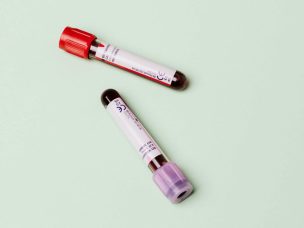Having Type 2 diabetes could cause cognitive impairment in stroke survivors, according to new research that points out the need to aggressively treat prediabetes.
A new analysis of seven international studies found that three to six months after a stroke, the participants with diabetes functioned worse than those without diabetes on measures for memory, attention, mental flexibility, processing speed, language, and other examples of cognitive function.
“That’s why Type 2 diabetes is another important target in the prevention of dementia, and the focus should be on early treatment for prediabetes to delay or prevent the progression to Type 2 diabetes,” Dr. Perminder Sachdev said in a news release. She is the study’s senior author and scientia professor at UNSW Sydney’s Centre for Healthy Brain Ageing in Kensington, Australia.
Previous research by Sachdev and colleagues determined that stroke patients with a diabetes history had worse brain function than those without the condition. But this new work, published Thursday in the American Heart Association’s journal Stroke, looked at whether that held true for people with prediabetes.
“This is important because prediabetes is very common, and individuals can have prediabetes for several years before progressing to Type 2 diabetes,” Sachdev said. “Early and aggressive treatment of prediabetes can delay or prevent Type 2 diabetes. If we target the treatment of prediabetes, could this prevent the development of dementia in some individuals?”
The analysis included data from 1,601 stroke patients in Australia, France, Korea, the Netherlands, Singapore, and the United States. Their average age was 66 and almost all had clot-caused strokes. Overall, 70% were Asian, 26% white, and 2.6% African American.
Fasting blood sugar levels measured at hospital admission and medical history were used to define Type 2 diabetes and prediabetes. But the study was limited by not having information about the duration and severity of diabetes and having only one blood sugar measurement.
After adjusting for age, sex, and education, researchers found “significantly poorer” function in stroke survivors with diabetes – but not in those with prediabetes. The findings held up even after researchers adjusted for additional factors such as ethnicity, high blood pressure, smoking, body mass index, abnormal heart rhythm, and previous stroke.
“The deficits we found in all areas of cognitive function highlight the importance of assessing the capacity for self-care in patients with Type 2 diabetes following a stroke,” Jess Lo, lead author of the study, said in a news release. She is a research associate at UNSW Sydney’s Centre for Healthy Brain Ageing.
Health care providers should ensure stroke survivors have the mental competency to fulfill the complex tasks needed to manage diabetes, Lo said.
That “can include measuring glucose levels multiple times a day, managing glucose monitoring devices, adjusting medication doses, self-administering insulin or other medications, and understanding food labels and portion sizes to adjust what is eaten at each meal or snack.”










